The Year 6 SATs tests can be difficult to navigate!
From what to learn, to how to help your child prepare for the Year 6 SATs, it can be tricky to know where to start. With this in mind, we’ve compiled some useful information targeting all the key areas your child will be tested on for the Year 6 SATs Maths test.
Despite the fact that this post focuses on Maths and will have an emphasis on the SATs tests, it will be useful for getting an indication of what your child will be expected to know at the end of primary school.
With Maths being a foundation subject, it’s great to try and close any gaps in learning whether your child is doing the SATs or not as this will set them up in good stead for secondary school.
How can I help my child prepare for the Year 6 SATs Maths test?
The Year 6 Maths curriculum does not just contain topics they have learned in Year 6. It will build upon topics they have learned across KS2. From Year 3 to Year 6, there will be content from each year group. In fact a percentage of the Y6 SATs Maths test will have content from Years 3-5.
This can mean that sometimes the foundations of a topic may need to be revised before getting to any additional learning.
The topics covered will include familiar ones such as Fractions or Place Value but will also include new topics such as Algebra.
In order to do this, it can help to get to grips with the Maths curriculum. If your child knows what to expect this will help build up confidence and familiarity.
So, let’s break down Year 6 Maths further:
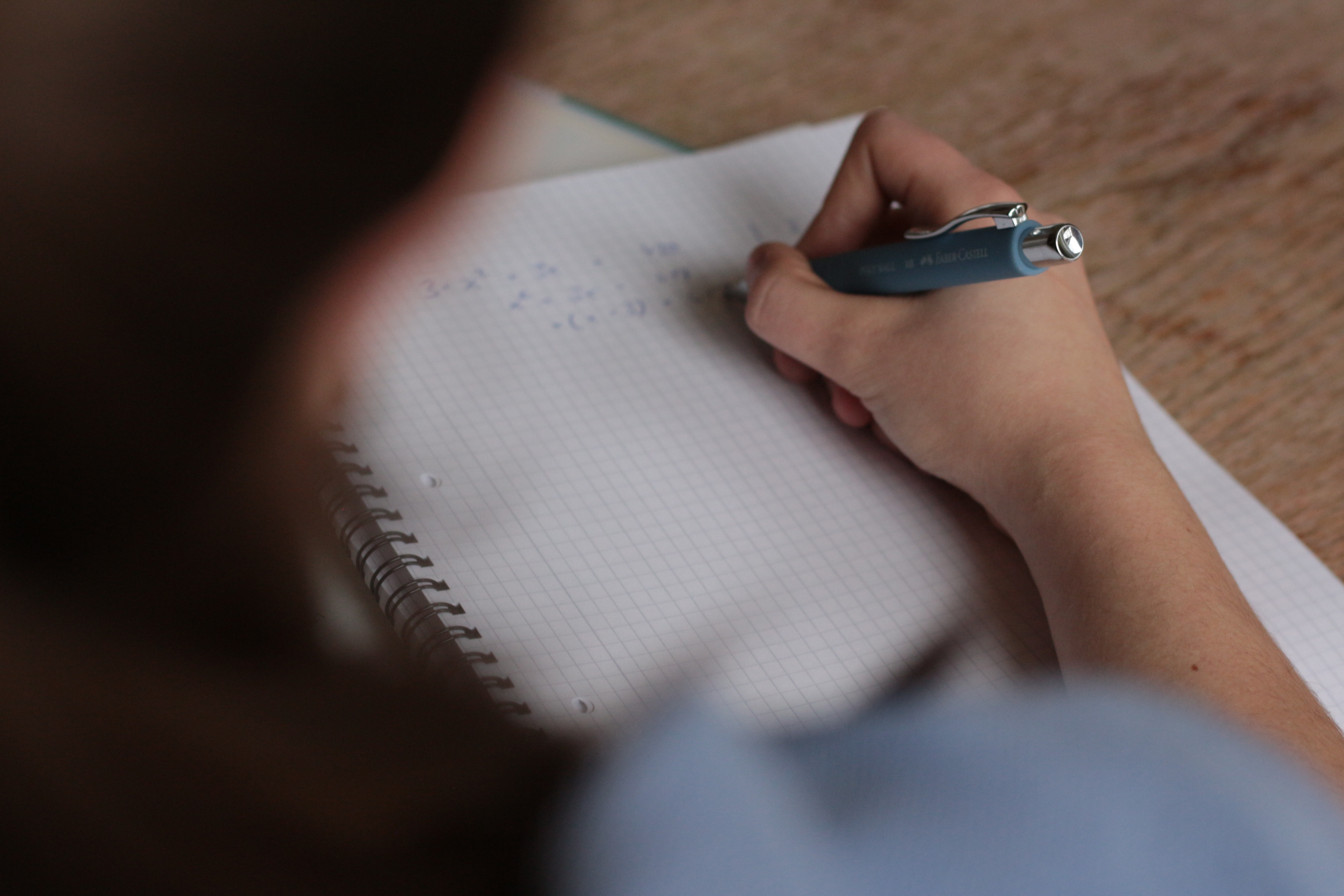
1. Arithmetic
Arithmetic forms the core of Maths. Before starting with fluency or even reasoning, the foundation blocks of arithmetic must be tackled and this usually started from lower Ks2 and is built up in Upper KS2.
So what is arithmetic?
Arithmetic includes topics like addition, subtraction, multiplication and division, times tables, fractions and percentages. These topics are the building blocks of Maths and a deep understanding of these areas will set your child in good stead for Maths beyond primary school too. In the KS2 SATs Tests, the arithmetic paper is heavily weighted in terms of the raw score pupils receive. It also helps pupils to formulate their answers for the reasoning part of the paper too. Fluency in arithmetic is essential.
We’d recommend focusing on arithmetic as early as possible. Little but often revision can help your child to keep their ‘Maths Muscle’ flexed. Here’s some useful tips for improving Arithmetic skills in Year 6. These are not specific to the Year 6 SATs but they will help in this regard if your child is sitting the SATs tests in May.
- In the SATs tests, the vast majority of arithmetic questions have been designed to be solved mentally, which means quick thinking. As the test is timed, ask your child to complete 5 arithmetic questions in 5 minutes. Done regularly, this can help your child to practice their arithmetic skills quickly without the lengthy revision sessions. You can find arithmetic questions to print. If you are looking for an online option with instant marking, try SATs Companion. We have a bank of over 28,000+ questions for your child to practice.
- Encourage your child to always show their working out. This helps to set up good habits for the tests and beyond.
- Place Value is a key topic. Challenge your child to write out ‘big numbers’ in words (eg) 17 million. Write down several numbers with decimal places on flashcards and order them from small to big or big to small. Here’s some useful videos from our linking partner BBC Bitesize.
- Try and get to grips with the vocabulary used for KS2 Maths. Words such as array, partitioning and chunking.
The topics that featured the most in last years tests for Arithmetic were Calculations (addition, subtraction, division etc) and Fractions, Decimals and Percentages. Focusing on these two topics, let’s look at ways we can improve Maths skills in these areas.
Calculations
- Start with Times tables. This is an important skill as quick recall can help your child to follow the processes better. Whilst rote learning can work for some children there are plenty of alternatives to keep the learning engaging and fun. There are lots of timetables songs if your child prefers listening. This playlist from Math Max on Spotify is fun to play in the car (the 9 times table is particularly jazzy!). Or you could create a poster and make the times table columns into an arts and crafts project. If your child likes competition, you could set a timer and ask your child to race against the clock or play times table bingo!
- Check out useful videos and exercises from our linking partner BBC Bitesize.
Fractions, Decimals and Percentages
- This can sometimes be a tricky one for children. Try and include games such as snap for equivalent fractions or the following game called ‘missing numerator’ seems to be popular and could be a good way to spend a rainy afternoon. Check it out via the Deceptively Educational blog.
- Visualising fractions can be useful. We Are Teachers has a fun list of activities with some very visual examples. The Lego fractions looks particularly good.
2. Reasoning
Reasoning has elements of arithmetic but with the added aspect of context. Your child might be asked to interpret word problems. This paper can be trickier because the question will not look like the the arithmetic paper such as 0.5 x 20 but they will need to apply the mathematical knowledge needed for such a problem to a word problem for example: ‘Sam goes to the shop to purchase pens. Each pen costs 0.50p. Sam purchases 20 pens, what is the total cost of the pens?’
Reasoning means making relationships between mathematical ideas. It requires an understanding of mathematical language and will be a skill that you child needs in Secondary school too. Reasoning can help your child to make use of relevant prior knowledge or ‘Maths clues’ to solve a problem.
The reasoning paper can be one of the challenging aspects of the SATs, so how can you help your child with Y6 Reasoning skills?
- Get familiar with mathematical language used in reasoning questions. For example, ‘share the cost’ means to divide. Ask your child if they saw this phrase in a question what are they being asked to do? Discuss the mathematical terms and look at them in the context of questions.
- Practice really can help with familiarity. Try doing 2-3 word problems daily. This can help build up understanding and will enable your child to become familiar with how the questions are being asked.
- Ask your child questions to justify their answers. Ask them to explain why they came to the conclusions they did. This is useful because in the test paper they may be asked questions which ask them to explain whether something is incorrect or correct and to explain the thought process behind it.
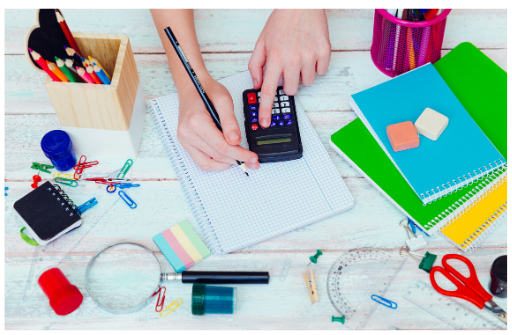
3. Practical Maths
‘The only way to learn Mathematics is to do Mathematics”- Paul Halmos
Maths can be brought alive through real world problem solving. Use daily situations as opportunities to help your child apply mathematical problems.
- Cooking is a great activity to help with multiple Maths topics. When baking, you could scale quantities up or down, work out ratios or even convert amounts from metric to imperial or vice versa.
- When using public transport, ask your child if my train leaves at 10:16am and it takes 29 minutes for me to get to my destination, what time will I reach there? Or you could ask if the train has been delayed by 20 minutes, now what time will I reach there?
- Ask your child to calculate the shopping bill before you get to the till. When you reach the till you can check how close they are to the actual sum. Ask them if I take out the bread for example, how much will my bill be now? If I double the quantities of pasta, how much will my bill be now. You could also ask your child to work out percentages based on discount. If cereal has a discount of 30% how much will the price be now?
- Check out the fantastic Maths on Toast website. They offer practical maths workshops to bring the subject to life. You can also find fantastic activities covering lots of different maths topics.
- All activities that bring Maths to life will make the subject memorable. So take a look online and search for topic specific activities to see what your search uncovers.
Above all, remember that Maths is a subject that requires consistent and persistent efforts. Help your child to place value on the effort of trying to problem solve.
If you’re looking for a little more help than KS2 SATs tips and tricks….
We know that preparing for the KS2 SATs can tricky. With SATs Companion, we provide everything you need to get your child ready for their SPAG, Maths and Reading tests in May 2020. Boost confidence and accelerate progress for your child with SATs Companion.
Access instant results and see the areas they are doing well in, and the topics they need to work on. SATs Companion will support your child to increase in confidence in Maths and English. Try SATs Companion for free for 14-days. Visit SATs Companion for more details and to get started!
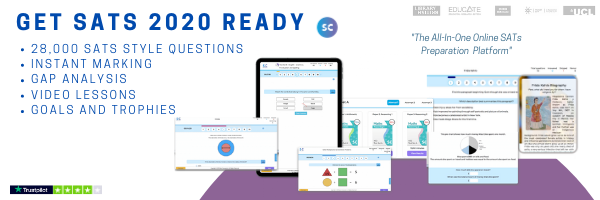
Follow us on social media for free resources, advice and special offers.



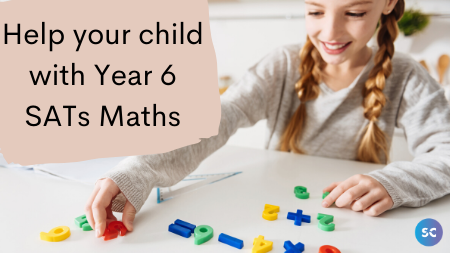
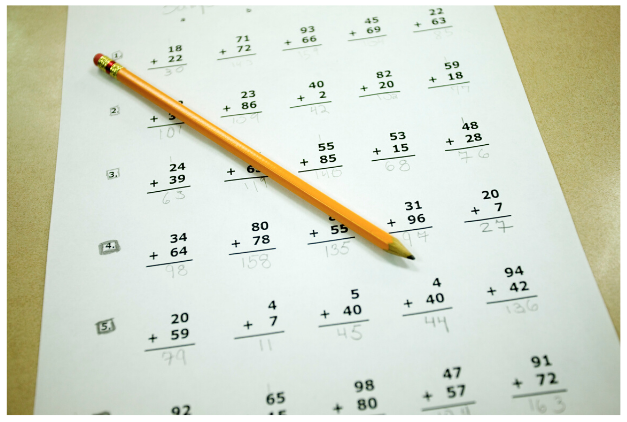
Leave A Comment
You must be logged in to post a comment.